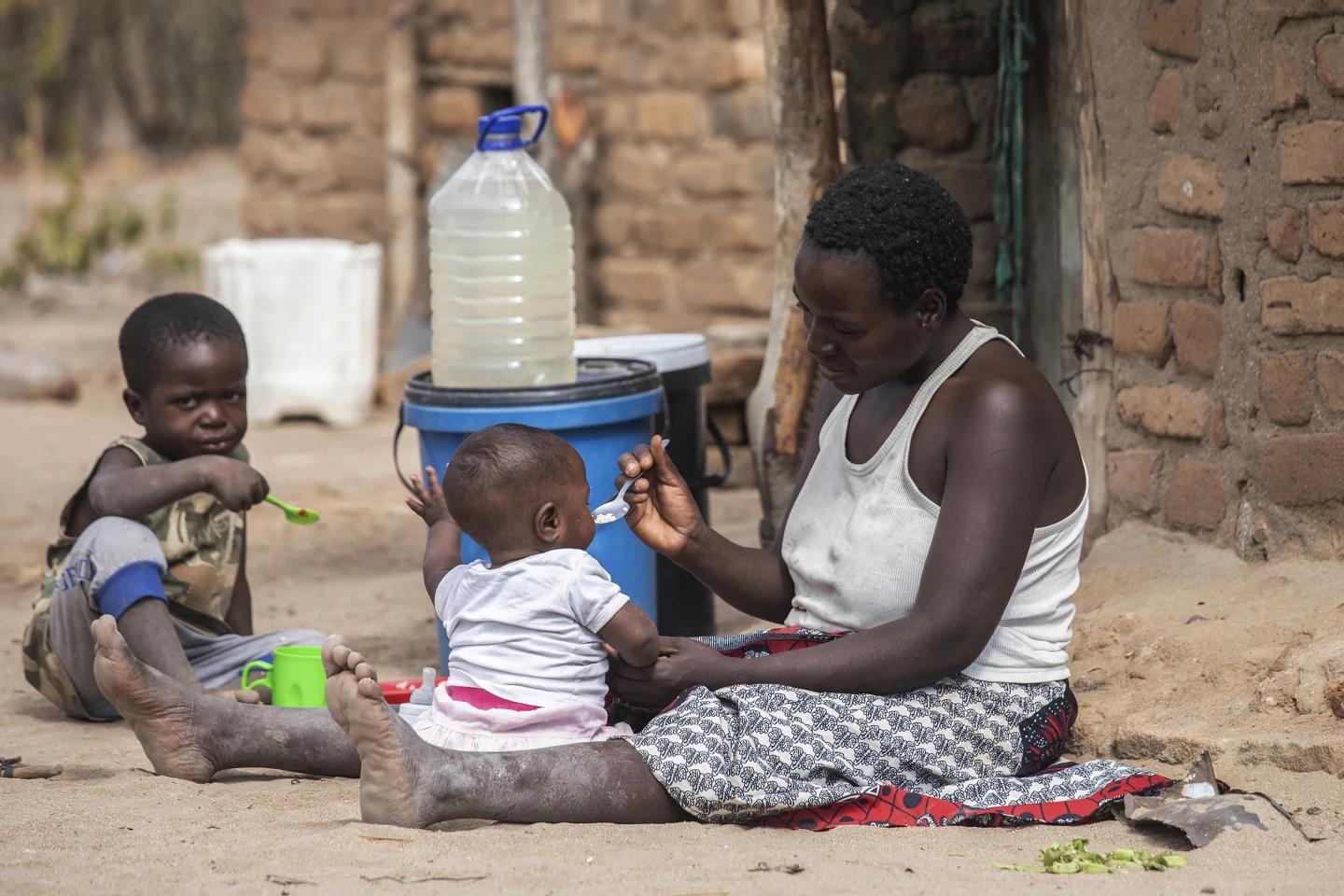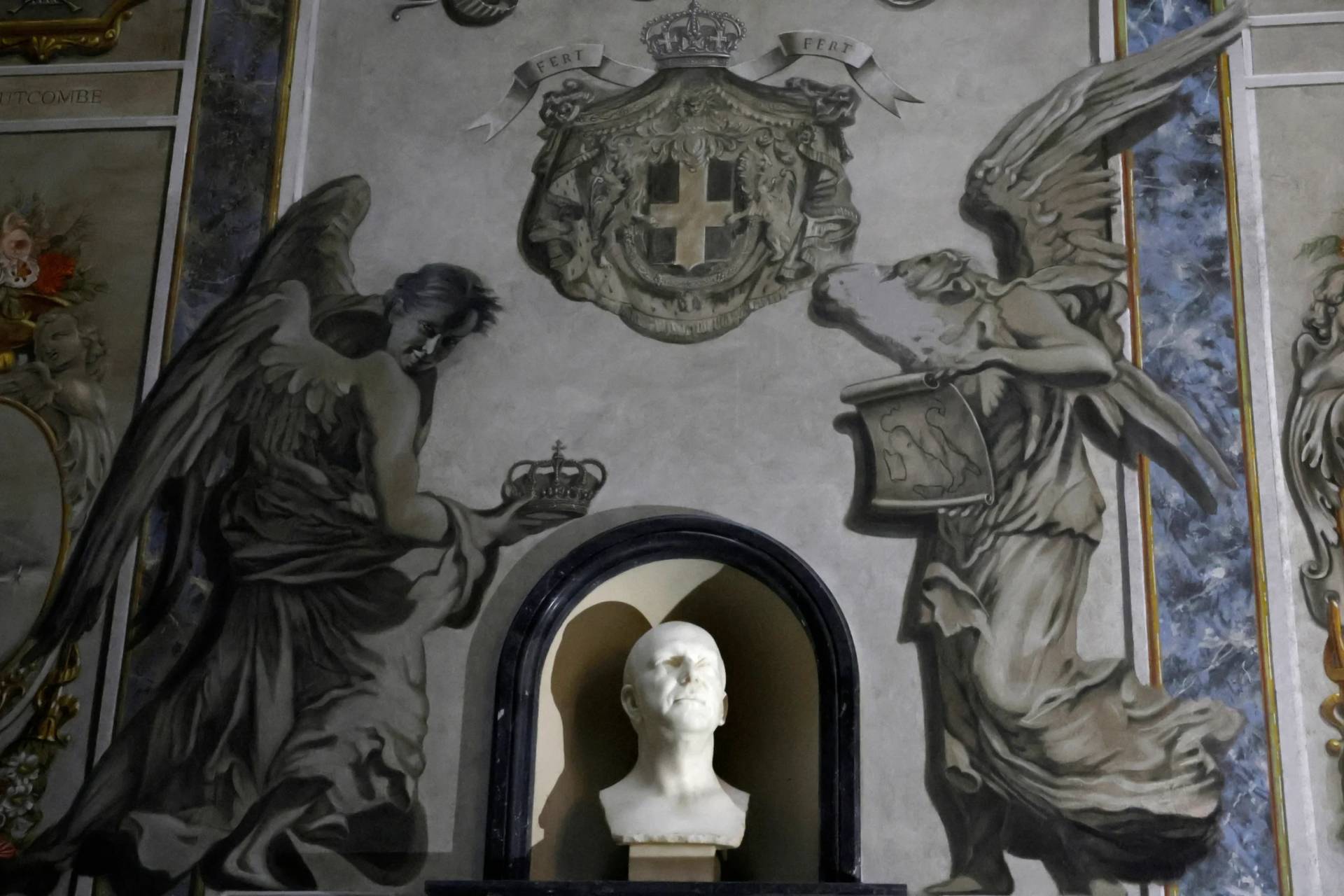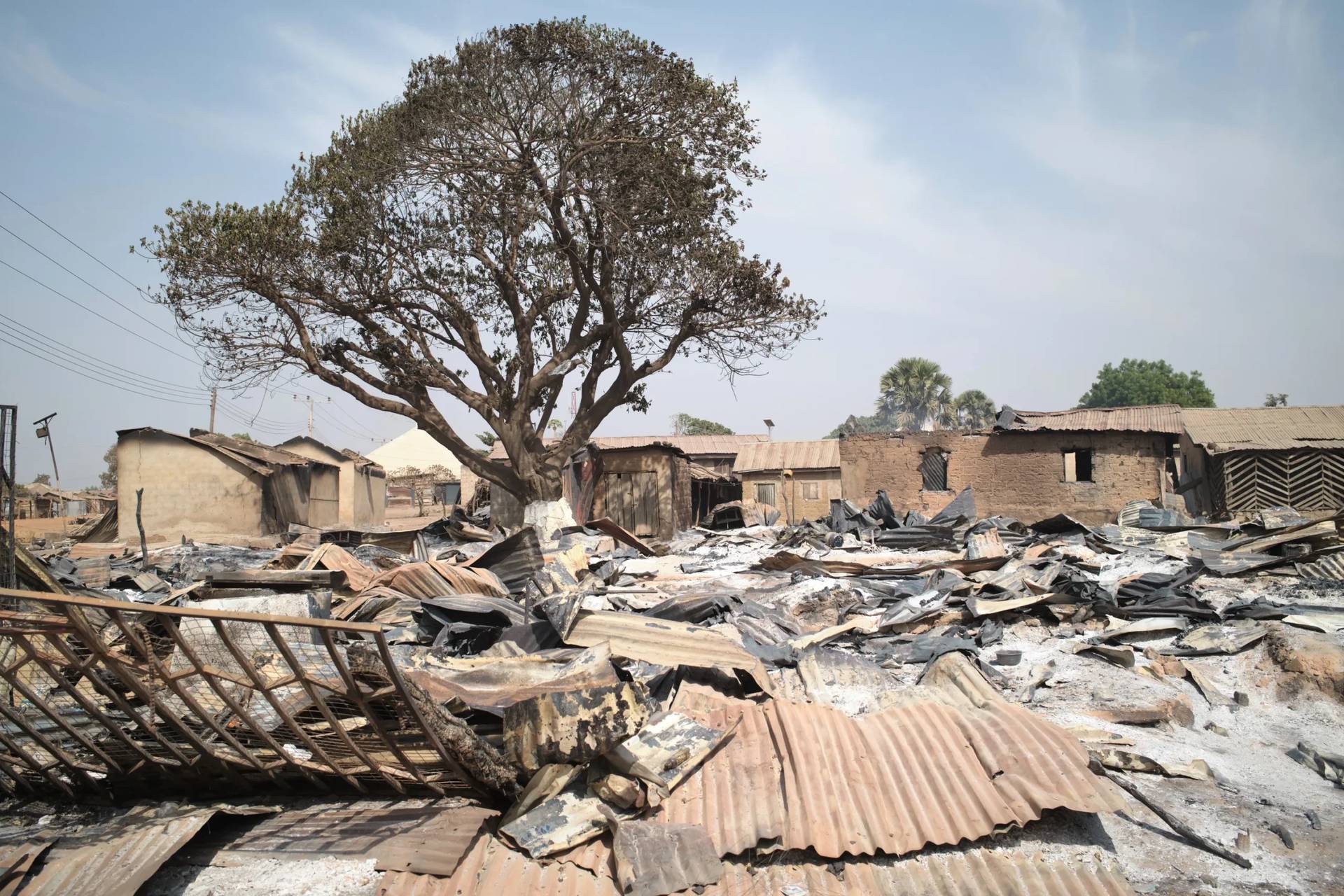YAOUNDÉ, Cameroon – A Catholic bishop in southern Africa has challenged his peers to get off the fence and to take a stand in favor of the poor and marginalized, calling the church to work for a society “in which there are no Lazaruses.”
“Some of our leaders are blind to the destitution of our people, and to the plight of Lazaruses who lie skin and bones on the streets, unable to access what is even reserved for their households,” said Bishop Raymond Tapiwa Mupandasekwa of Zimbabwe.
In that context, he said, there’s no room for neutrality.
“We are either with the victims or we are with the aggressors; and there is no neutrality,” he said.
“To which camp do we belong?” Tapiwa asked. “Does Lazarus have brothers? And does the rich man have accomplices?”
“The problem highlighted in today’s Gospel,” he said, “does not just lie with this particular rich man…More worrisome is the society that gives birth to such people who are unconcerned and unmoved by the suffering of others.”
Tapiwa was speaking at the closing Mass of the 14th Plenary Assembly and Golden Jubilee celebrations of the Inter-Regional Meeting of the Bishops of Southern Africa (IMBISA), a body created in 1978 to link the Catholic leaders of the region.
Tapiwa used the occasion to decry the widening gap between the rich and the poor, and underscored the need for a society
He referenced the Biblical story of Lazaurus who starved to death at the gate of a wealthy man who lived in luxury. He feasted sumptuously every day, while Lazarus, covered in sores, lay at his gate, longing to eat the scraps that fell from the rich man’s table.
“We have to accept the challenge of making our governments more accountable,” Tapiwa said, addressing his peers from Angola, Botswana, Eswatini, Lesotho, Mozambique, Namibia, São Tomé and Príncipe, South Africa and Zimbabwe.
The bishop’s homily reflects the deeper problem of inequality in many Southern African nations. In comments to Crux, Jesuit Father Russell Pollitt, Parish Priest of Holy Trinity Catholic Church in downtown Johannesburg, said the social reality of his country is there are a few rich people in South Africa and millions of poor.
“The rich are indifferent to the plight of the poor. This is the rich man’s sin; he is unaware of how his lavish life is leaving others in misery,” Pollitt said.
He said 40 percent of South Africans are unemployed, “yet the small number of rich people – most notably politicians – is completely indifferent to their plight. “
“The gap between the rich and the poor in South Africa continues to grow. The economy is not doing well. Part of this is global politics and the global economic situation, but a large part is also the poor management of the economy by the South African government. They have not created a climate for growth,” he said.
Pollitt blamed the widening inequalities on corruption and the lack of political will on the part of the authorities to do their duty.
Many politicians, he emphasized, don’t really care.
“They feather their own nests and those who are connected to them. There are also historical factors in South Africa that have made despair hard to deal with, but corruption must be the single biggest factor,” Pollitt told Crux.
He said such disparities can be eliminated when those who wield the levers of power take the interests of the people into consideration.
“We need honest leaders who do not see their position as an opportunity to feed at the trough but seek to uplift others,” he said.
The priest also underscored the need for better economic policies and an environment that encourages growth and investment.
“One of the biggest assets South Africa has is its potential as a tourist destination. This means investing in infrastructure, maintaining national parks, and creating a safe environment for tourists, as an example. “
Tapiwa challenged his peers to work for a society where there are no Lazaruses, where people do not have to starve to death.
“Our work is to form men and women who are not blind to the needs of others,” he said in his September 28 homily.
Pollitt noted that the Church has been calling out corruption and encouraging those in power to take the tenets of Catholic social teaching seriously.
He added that in many places, the Church has been providing services that the government should and did not provide.
He suggested that perhaps the Church needed to find ways of exerting more pressure on the government.
“Those in power don’t take statements or warnings from Church leaders seriously. Maybe we need to move into a new way of protest and holding people accountable, much like the Church did in the dark days of apartheid. Words don’t seem to make a difference anymore, and the Church is largely ignored by those in power,” Pollitt said.













